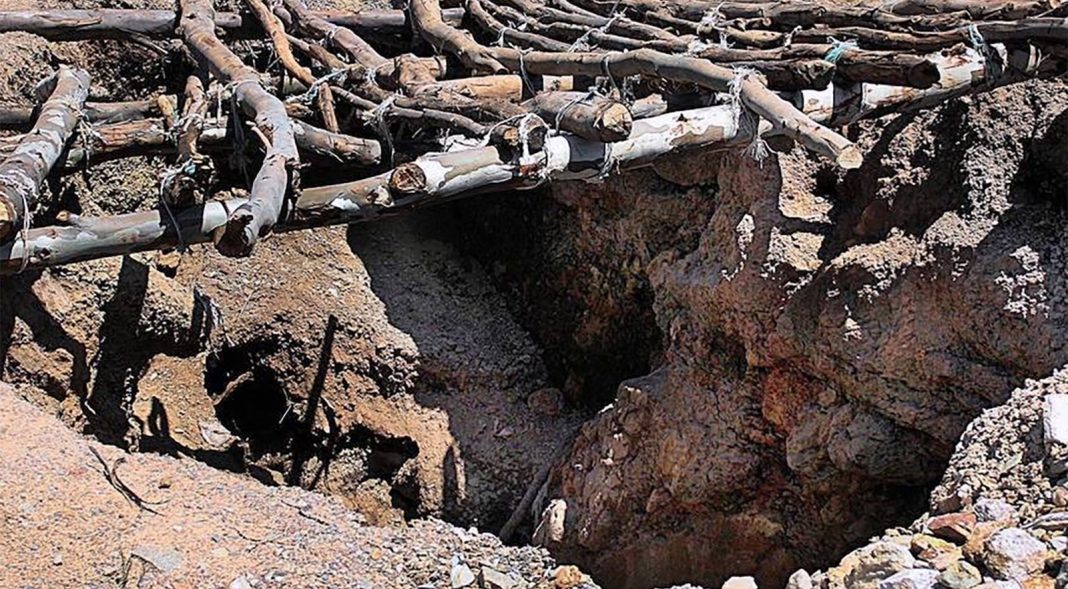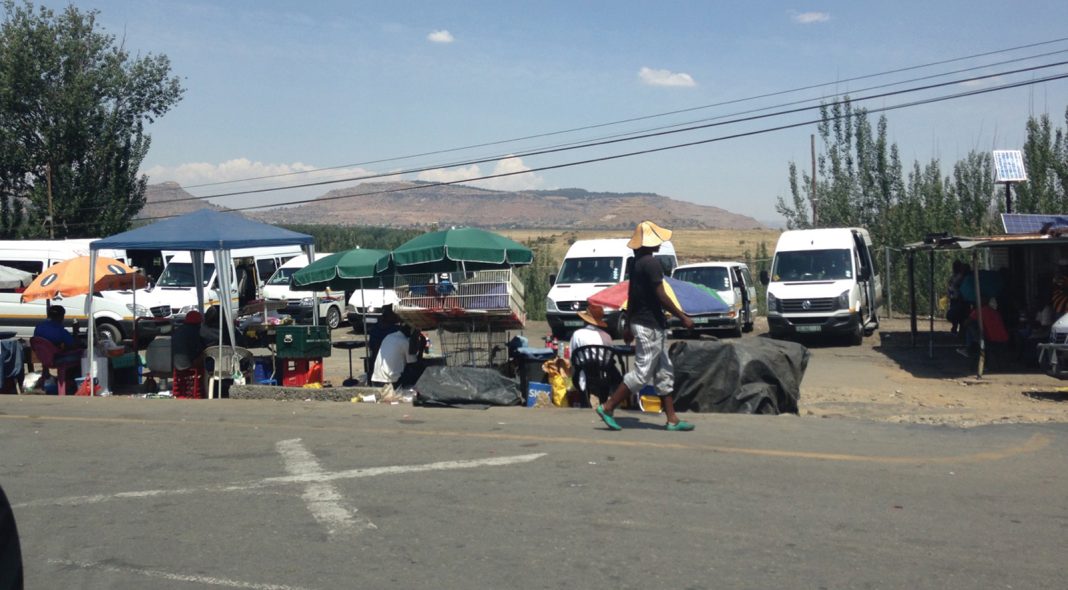The current failure to provide farming inputs to farmers, resulting from a miscalculation by the ministry of agriculture, food security and nutrition, is poised to significantly impact the country’s agricultural sector and threaten food security.
The situation has arisen because the ministry initially set a target for planting 35,000 hectares, which was a five percent increase from the previous season, but did not accurately account for the actual demand following a nationwide campaign encouraging more people to enter farming.
As a result, the number of hectares requiring fertilizers has surpassed the allocated budget and the available stock, leading to a temporary suspension of fertilizer distribution.
This shortage is especially critical for the summer cropping season, which ends around mid-December. If fertilizers are not distributed in time, there will likely be a reduction in the expected output, which could have severe consequences for food security.
The minister of agriculture, food security and nutrition Mofosi in October this year revealed that the distribution of farming inputs in the urban area has begun and while in other areas it long started in preparation of summer cropping in October.
Mofosi also explained that the ministry is going to work hard that farmers receive the inputs easily.
He also mentioned that the government has subsidised the agricultural products so as to improve farming.
theReporter learnt that the ministry has been unable to find a quick solution to the shortage due to logistical and financial constraints.
It also learnt that some procurement agreements with suppliers in South Africa have fallen through, as banks have refused to approve the necessary funds, exacerbating the delay in fertilizer delivery.
Professor Montoeli Rantlo, an agricultural economist, highlighted that the budget was set based on the previous year’s participation in farming, but the unexpected rise in the number of farmers and hectares planted has led to the current shortfall.
Rantlo said the budget was designed to support 35,000 hectares, but the actual number of hectares needing fertilizers has exceeded this estimate.
“The timing of the fertilizer delivery is crucial.
“If the inputs can be made available by December 15, the summer crop season could still be saved, preventing a major drop in production.
“For beans, which have a later planting cutoff in January, there is still a chance to mitigate the impact of the shortage,” he said.
The Lesotho National Farmers Union programme manager, Khotso Lepheana said the timing of fertilizer distribution is crucial, as the summer cropping season is nearing its end in mid-December.
Lepheana said if fertilizers do not arrive in time, it is likely that crop yields will be significantly reduced.
“Crops such as beans, which have a later planting cutoff in January, may still be saved if fertilizers can be delivered in time, but for many farmers, delays will result in delayed planting and ultimately, lower productivity,” he said.
Lepheana on the other hand saidurban farmers, who often rely heavily on fertilizers, are particularly vulnerable.
“Many families in urban areas depend on farming not only for food but also as a primary income source.
“The fertilizer shortage could exacerbate poverty, leading to increased hunger, especially for those already struggling to make ends meet,” he noted.
A local farmer, Malau Malau said if they need to wait for the arrival of fertilizers, it means they will have to delay planting, and therefore have a delayed harvest.
Malau said there will be significant decreases in yields, and therefore less income to farmers, decreased local produce, and an increase in food imports
“On the flipside, bio pesticide/ herbicide development could be pioneered as an alternative, even better, position parts of Lesotho as exclusive organic growing zones,” he said.
The public relations officer of the ministry of agriculture, food security and nutrition, Lereko Masupha, said there are agricultural inputs but are in small quantities because once they arrive, they immediately finish, this is because there is a high demand and although the sale of farming inputs for summer cropping has commenced countrywide, it is not running smoothly.
Masupha said fertilizers are critical for boosting crop yields, particularly for staple crops like maize, wheat, and beans. Without timely access to fertilizers, farmers risk poor harvests, which could lead to widespread food shortages and exacerbate food insecurity. (He doesn’t explain what is causing this?)
The World Food Programme (WFP) has projected that 27 percent of the rural population, or about 403,000 people, will face food insecurity between October 2024 and March 2025. Certain districts are expected to experience even higher levels of insecurity, with some areas facing “Emergency” levels of need.
During the 2023-2024 midterm budget, minister of finance and development planning, Retṥelitsoe Matlanyane said with the aim of ending hunger, achieving food security and improving nutrition and promoting sustainable agriculture, farmers will be supported by continuing to increase access to agricultural inputs and provide technical support to increase productivity and output.
Matlanyane said this continued effort will increase grain production of maize from 27,900 tonnes to 438,000 tonnes, wheat from 5,700 tonnes to 48,700 tonnes and beans from 43,000 tonnes to 97,500 tonnes by 2027.
The agricultural sector is proposed an allocation of M1.1 billion.
For the 2022-3023 midterm budget, Matlanyane said in an initiative to improve crop production and productivity, the subsidy increased from 60 percent to 70 percent for seeds and pesticides and 80 percent for fertilizers to farmers.
“The inputs procured that financial year included Maize seeds and fertilizers which were distributed to approximately to 6000 farmers. The total amount spend on these agricultural inputs was M102 million.
She said to achieve increased investment in agriculture and sustainable food and nutrition security, M23 million has been awarded to 136 farmers and 28 improved agricultural technologies made available to 724 farmers.









